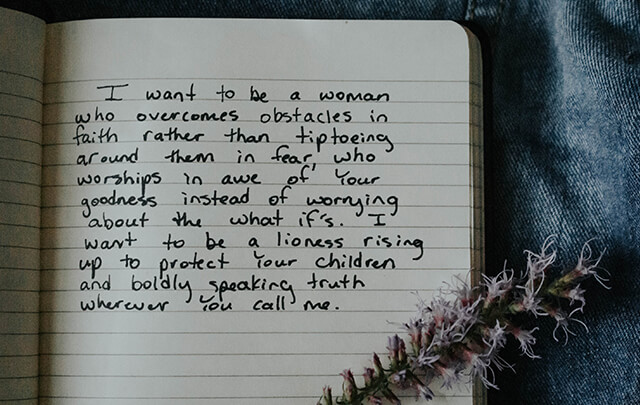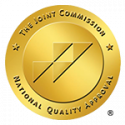Research shows that spirituality is a key factor in drug and alcohol treatment and recovery. At the same time, though, it’s often overlooked as people tend to focus more on other aspects of sobriety.
All types of sobriety are important and should be pursued as your toward giving up drugs or alcohol and making improvements to your life. We’ve discussed the importance of physical and emotional sobriety, and it’s now time to address the spiritual side of things.
Explained below are some strategies that will help you figure out how to stay sober for 30 days from a spiritual perspective.
What Is Spirituality?
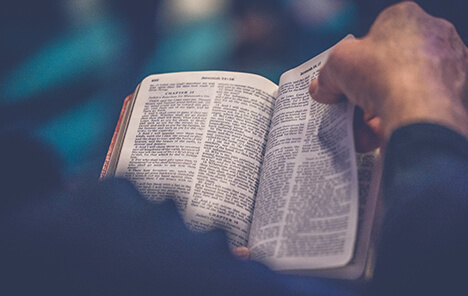
It’s important to clarify that you can be spiritual without necessarily belonging to a specific religion. Spirituality is a broad concept and can be difficult to define.
In general, spirituality involves having a relationship with some kind of spiritual power. It could be God, the Universe, or any other entity that brings you peace and helps to guide your life.
You don’t have to spend time in church, the synagogue, or a mosque to be a spiritual person or to stay spiritually sober. Ultimately, it’s up to you to decide what spirituality looks like for you, personally, and it’s okay if it doesn’t look like someone else’s version.
In general, spirituality involves having a relationship with some kind of spiritual power.
How Alcoholism & Addiction Affects Your Spirituality
No matter what spirituality means to you, addiction to drugs or alcohol can make it difficult for you to stay connected to a higher power.
This is especially true of those who use drugs or alcohol to numb their feelings or to disconnect from certain aspects of their lives. If you’re “checking out” every time you consume drugs or alcohol and can’t be truly present and aware of what’s going on around you, chances are your relationship with your higher power is not as strong as it once was.
Many people may find that they distance themselves from certain spiritual practices when they begin using drugs or alcohol. They might avoid going to their religious services or reading spiritual texts. They might avoid others who share their same spiritual beliefs or isolate themselves altogether.
Drug and alcohol abuse may also cause you to act in ways that, morally, do not align with your spiritual beliefs, such as stealing or lying. These behaviors, in turn, can drive a wedge between you and your higher power.
How to Stay Spiritually Sober
Physically giving up drugs or alcohol is a good first step when you begin learning how to stay sober. To feel your best while working toward 30 days clean and feel more confident in your ability to maintain your sobriety, though, it’s important to focus on other things, including your spiritual health.
Here are some steps you can take to stay spiritually sober and strengthen your relationship with your higher power:

Take Inventory of Your Life
Step 10 of the 12 steps of Alcoholics Anonymous requires you to take an inventory of your life and, when you are wrong, promptly admit it. Even if you’re not following the 12-step program, this can still be a useful practice.
Sitting down to write in a journal and take inventory of your life will help you to get a clear picture of where you’re at right now and identify mistakes you’ve made. This, in turn, can help you to take responsibility for your situation and find areas in which you can improve.
When you witness and admit to your mistakes, it may be easier for you to move on from them. You have a chance to hold yourself accountable and avoid denial or keeping secrets, both of which can create distance between you and your higher power.
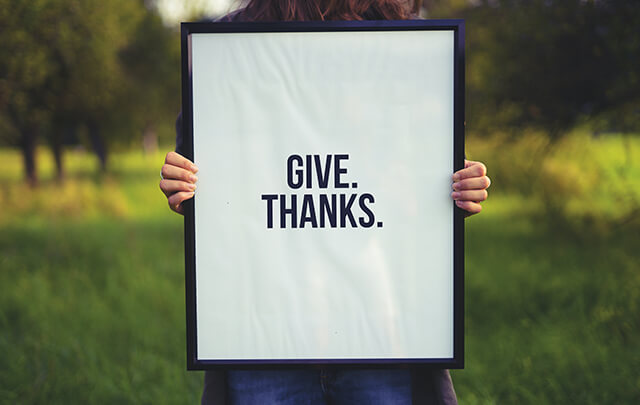
Practice Gratitude
The more grateful you can be for your life and your situation, the better you’ll feel on a day-to-day basis.
When you’re on a sobriety journey, there will be times when you feel negative or bitter. It’s okay to have these feelings, but it’s also important to focus on the positives in your life. There’s always something for which you can be grateful.
If you take the time to write down the good things in your life and practice gratitude and positivity for at least a few minutes each day, you’ll be amazed at how much better you can feel. Practicing gratitude can uplift you and bring you closer to your higher power.

Read Books on Spirituality
If you’ve never considered yourself to be a spiritual person, now might be a good time to learn more about different spiritual practices and find ones that work best for you.
If you work with a therapist or are part of a drug and alcohol treatment program, talk to your counselors and other members, and ask them what their favorite books on spirituality are. They can help to point you in the right direction and make you aware of books you might not have known about otherwise.

Meditate
One of the greatest 30 days sober benefits you will likely experience when you embark on this journey is increased mindfulness.
Without drugs or alcohol clouding your judgment, you will have an easier time becoming aware of your thoughts and identifying triggers. You can strengthen your ability to be mindful and also increase your spiritual health by making meditation a regular practice.
Sitting quietly and focusing on your breath can help you connect more deeply to yourself and your higher power. It can bring about a sense of peace and help you learn how to work through feelings of discomfort in a healthy way.

Spend Time Outdoors
Another good way to stay in touch with your higher power and strengthen your spirituality is to spend time outdoors. Walking, hiking, or even just sitting outside without any distractions can help you feel at peace.
Spending time in nature is powerful. That’s why it’s a key component of many substance use disorder programs. If you’re looking to participate in an outpatient program or intensive outpatient program (IOP), try to find one that encourages you to take time outdoors on a regular basis.
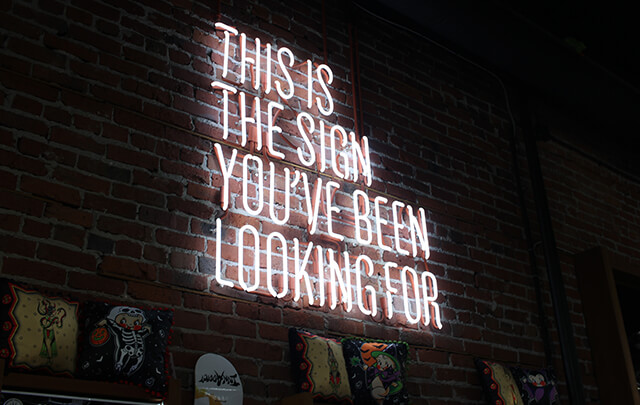
Give Back
If you’ve spent time using search terms like “30 days sober what to expect,” you might be surprised to learn that a desire to give back commonly arises after you’ve gotten sober.
Once they’ve given up drugs or alcohol, many people find that they want to be of service and help others. Even if you don’t feel this way yet, it could benefit you to try to serve anyway.
The more you help others, even if it’s in small ways like holding open doors for people or assisting with other simple tasks, the closer you’ll feel to your higher power, and the more uplifted you’ll feel in general. Giving of your time and talents can improve your mood and help you to make your sobriety journey a more positive one.
Start Pursuing Spiritual Sobriety Today
Are you ready to begin your journey toward 30 days sober? This is a big step forward and, while it may be challenging, it’ll also ultimately be a positive experience in your life. You will be surprised by the benefits of being sober for 30 days.
As you give up drugs or alcohol and work on your sobriety, remember to factor in the spiritual components. When you prioritize all four types of sobriety, your chances of success will increase, and you’ll have an easier time going through this process.
If you need additional support on your sobriety journey, we’re here to help at Sobriety Solutions. Contact us today to learn more about our drug and alcohol treatment services or to begin the admissions process.
Read the rest of our series on “How to Survive Your First 30 Days Sober”
Part 1: How to Physically Stay Sober for 30 Days
Part 2: How to Emotionally Stay Sober for 30 days
Part 3: How to Spiritually Stay Sober for 30 Days
Part 4 and 5 Coming Soon.
Image source: Unsplash

